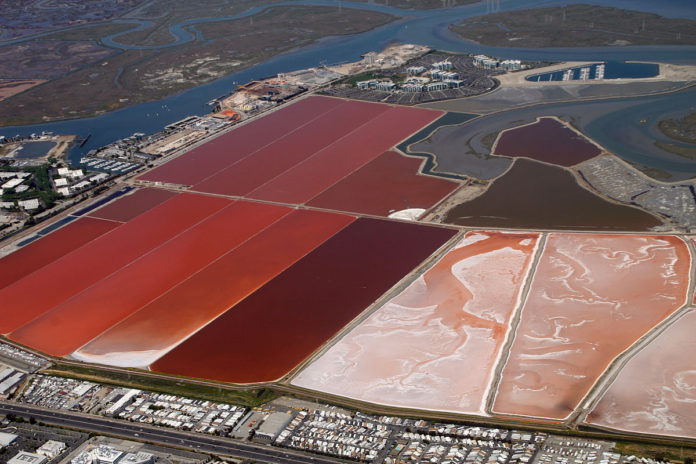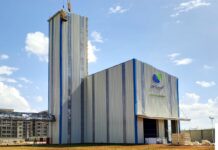The Maseno University and the Kenya Marine and Fisheries Research Institute (Kemfri) has reintroduced Artemia farming to produce fish feeds.
Artemia is an aquatic insect that thrives in salty water. Farmers will now apply biofloc technology to produce it. The project which is under the Artemia Production Technology for Sustainable Aquaculture Development is being funded by the Western Indian Ocean Marine Science Association.
Dr Erick Ogello, Maseno University principal investigator in the Department of Fisheries and Natural Resources, said the new biofloc technology will increase the production of Artemia biomass and cysts. Residents to benefit include Kadzuhoni in Magarini who for decades have struggled to earn a living in the salt mines.
Floc formation
“Farmers were producing Artemia, but they died due to lack of food. The new technology will increase bacteria flocs in the ponds for the Artemia to feed on,” said Dr Ogello.
The floc formation is encouraged by local ingredients such as molasses and chicken manure. Dr Ogello said fish farmers in Kenya face a scarcity of feeds for fingerlings, threatening production. He added that Artemia is also a component in preparing salt.
“There is no salt without Artemia because that is what makes salt to be of high quality. Artemia production comes as an alternative source of income for the residents apart from salt production,” said Dr Ogello.
Artemia also produces high-quality cysts that are expensive in the international market. He said the researchers’ project to increase Artemia cyst production from the current 15kg to 100kg per hectare in six months.
“A kilogramme of Artemia is sold at $70 (Sh770) in the international market. There is an opportunity to change the poor economic status of the community who do not practice agriculture but depend on the salt mines for a living,” said Dr Ogello.








